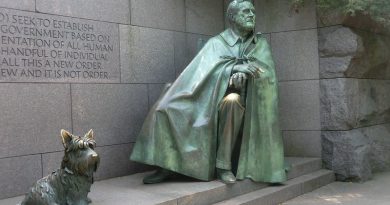Gallipoli: 100th Anniversary
- An Australian soldier carries his comrade to a medical post – Gallipoli, 1915
- (Image source: IWM)
This year commemorates 100th anniversary of The Gallipoli Campaign, also known as The Battle of Çanakkale.
Gallipoli is the site of one of the longest and bloodies battles in history. During WWI, a quarter of a million Turks and as many allies were killed or wounded on its bloody battlefield.
History
By 1914 trench warfare had spread to the west. Turkey was aligned to the central powers of Germany and her allies. The aim of the attack was to knock Turkey out of the war by threatening their capital, Constantinople (now called Istanbul).
Gallipoli is the name given to the Gelibolu peninsular lying between the Aegean Sea and Sea of Marmara. It also lies above the Dardanelles, the all-important strategic stretch of water connecting the two seas. For a millennium it has been the key to Istanbul; any navy that could force the straits had a good chance of capturing the capital of the Eastern European world. Most, including the British allies fleet in the great war, have failed to capture Dardanelles.
In 1915, Winston Churchill and the British allies failed naval assault landed at Hellespoint. The failure was due to the allied officers trying to imitated the Trojan Horse scam of Troy by landing the collier “Clyde” with troops hidden inside, but the attempt failed pitifully.
The British tried to continue and land allies on the other side of the Gallipoli peninsular, but massive deaths occurred by day one and led to a bloody and brutal battle. The troops are buried in a cemetary known as “Shrapnel Valley”.
Widespread sickness, monotonous food, poor weather and stinking corpses sunk the moral of British and Australian troops to an all time low. By winter, the British began to evacuate and saw no way of achieving victory. After 9 months, the allies withdrew and admitted their grave defeat.
Today, visitors can walk in the trenches, scenes of bitter struggles, seperated by only a matter of metres from the enemy trenches.
(Image source: Britrob: https://www.flickr.com/photos/rpoll/)
The Turkish commander Mustafa Kemal (later known as Ataturk, father of the nation) inspired the strength of his unconquerable army and modern day Turkey owes much to this defiant leader. He made one of the greatest war tributes ever:
“You the mothers who sent their sons from far away countries, wipe away your tears, your sons are now lying in our bosom and are in peace. After having lost their lives on this land they are our sons as well.”
Travel Tip
When taking a trip to Gallipoli, its advisable to spend the night in the town of Canakkale. We recommend staying at:
Hotel Akol
Tel: 286 217 9456
More Information
A Historic Introduction to Gallipoli
Background to World War I Gallipoli and Britain’s failed attacks.





